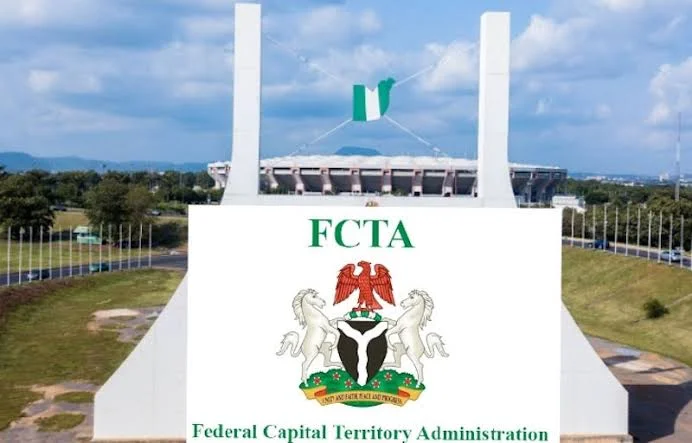The proposed bill to establish a House of Assembly for Nigeria’s Federal Capital Territory (FCT) has sparked a heated exchange between Senior Advocate of Nigeria (SAN) Mike Ozekhome and human rights activist-turned-lawyer Deji Adeyanju. Their clash highlights the deep-seated divisions surrounding this contentious piece of legislation.
The bill, sponsored by Hon. Engr. Sesoo Ikpagher and currently before the House of Representatives as part of the ongoing 1999 Constitution amendment process, aims to grant the FCT its own legislative body. This move would fundamentally alter Nigeria’s capital governance structure, currently vested solely in the National Assembly.
Ozekhome welcomes the initiative, emphasizing that creating an FCT House of Assembly would require extensive constitutional amendments. He argues the bill offers an important opportunity to redefine the political status of the FCT, ensuring the territory’s residents receive democratic representation equivalent to other states. Ozekhome also notes that the amendments would clarify essential electoral and governance issues, such as voting thresholds for presidential elections.
In sharp contrast, Deji Adeyanju condemns the bill as driven by political ambitions, specifically accusing Rivers State Governor Nyesom Wike of pushing the agenda to extend his political influence post-governorship. Adeyanju warns that establishing a House of Assembly for the FCT risks distorting the unique status of the capital, which functions as a federal administrative center rather than a state. He argues this could open the door to demands for equal representation to states, upsetting the federal balance.
The disagreement underscores broader debates about Nigeria’s federalism, democratic representation, and the balance of power. While proponents see the bill as a step toward institutional equity for millions residing in the capital, opponents view it as an unnecessary and politically motivated alteration to the constitutional framework.
Currently, the bill has passed the second reading and awaits further scrutiny by the Committee on Constitution Review. To become law, it must secure approval by two-thirds of Nigeria’s 36 State Houses of Assembly in addition to parliamentary consent.
As the debate intensifies, many Nigerians are closely watching whether the bill will reshape the governance of Abuja and set a precedent for future reforms in Nigeria’s evolving democracy.
More than news- Its Icegate

